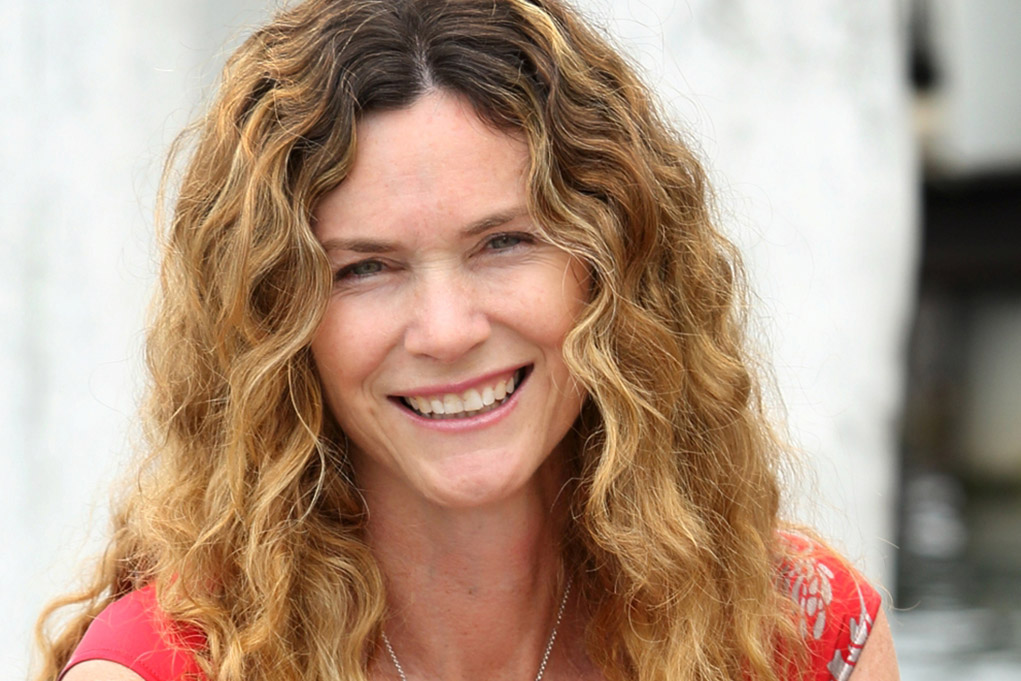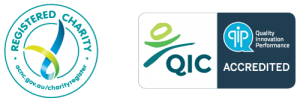
Name
Rachel Clements
Job title
National Director of Psychological Services
Organisation
What are you/your organisation currently focusing on in terms of workplace health and wellbeing?
At the Centre for Corporate Health we endorse a holistic perspective on health and wellbeing. What this means is that we acknowledge that there are various domains involved in maintaining wellbeing such as a healthy diet, getting sufficient sleep, being active, a healthy mindset, meaningful and purposeful work and engaging in supportive team and personal interactions. In addition, the reciprocal relationship between physical and mental health should not be overlooked and accordingly we emphasise how one affects the other and the importance of keeping both in check.
In terms of what we are focusing on, we promote engaging in a balanced lifestyle. Breaking this down, we encourage team members to take their lunch break, to go for a walk when needed and to engage in hobbies they enjoy before or after work. In addition, although we advocate for a productive work culture, we also want work to remain at the office. We also have group supervision and team meetings in order for individuals to debrief, to interact and connect and to bounce ideas off one another.
Another area we have directed our focus to is creating a social, inclusive environment. We have monthly staff Friday drinks for some fun relief and for fostering workplace relationships. We also consistently celebrate birthdays and special events such as Chinese New Year, Christmas in July, Melbourne Cup Day and R U OK? Day to balance the work week and acknowledge each occasion respectively.
What aspect of workplace health and wellbeing does your organisation do well in?
We do well in diversity and inclusion. For instance, we value and recognise everyone’s unique qualities and ensure that we are respectful of and encourage everyone’s opinions, perspectives and views. Furthermore, we do well in trying to maintain a healthy balance. For instance, a number of our staff work flexibly or part-time in order to meet their various needs, such as childcare commitments, hobbies that foster wellbeing (e.g. a gym class, sport, yoga etc.) or study requirements.
What’s your biggest challenge working in workplace health and wellbeing?
One of the biggest challenges I can identify is being able to disconnect from the busyness of the day. There are some days and some specific situations that have the potential to stay with you, and it can be challenging at times, to disentangle those from your thoughts and time spent at home. However, I have learnt to trust my clinical judgement, as well as the advice and support from my team. In addition, self-care is so important!
How does WayAhead Workplaces add value to your organisation’s health and wellbeing program?
WayAhead Workplaces provides a wonderful community of like-minded and highly respected professionals to share ideas, knowledge and resources with. I find the quality of their information and speakers to be of a very high quality and also very practical, so that any organisation regardless of its size can gain benefit.
How do you deal with stress?
Research has shown time and time again how valuable and strong the link is between physical activity and mental health. So for me, it is a no-brainer to integrate exercise into my daily routine. But other things are just as important. What I find to be most effective in managing stress is to adopt a balanced lifestyle. I put time explicitly aside to exercise, to eat well and to spend with my family and friends, as well as by myself. By taking moments for self-care, we are able to recalibrate after a stressful day.
In addition, I have come to learn my trigger points and have spent time reflecting on what is most effective for me to overcome these stressful moments. Knowing my limits and boundaries is a really helpful strategy, as well as knowing who I can go to to help ease my stress and to boost my mood. I am also good at focusing on conserving my energy during busy periods by not investing in negative things or situations I cannot control.
What are the key issues and considerations for people in workplace health and wellbeing roles?
Some of the key issues and considerations would have to be ensuring that you are taking the time to put the oxygen mask on yourself. To be good at investing in and prioritising your own wellbeing. This is especially important in roles where you are supporting others.
Working in a workplace health and wellbeing role can take a toll on your own health due to stressful circumstances and demands and being overwhelmed by the content, pace or nature of the position. And in fact, occupational burnout has been found to be extremely common in such roles.
I suggest considering and reflecting on the following: are you sleeping well? Eating well? Have time for yourself? Have someone to debrief with? Have time to do something you enjoy? Or are you irritable, angry or upset? By asking yourself these questions, you may identify whether your role is impacting your own wellbeing and functioning. Consider self-care practice and remember it encompasses physical, psychological, emotional, spiritual and social domains.
How do you switch off from work?
We are connected to our phones and our laptops, almost at every hour of the day, meaning that work is almost always accessible if we allow it to be. As a result, it can be extremely difficult to switch off. However, the importance and value of doing so should not be underestimated. Building in time for active recovery is vital at the end of a busy day.
What I do is accept my limits and set clear boundary lines of when I do and do not do work. In addition, I spend time exercising, eating well and spending quality time with my family after I leave the office.
What is your best time-saving tip?
My biggest tip would probably be to break things down into smaller tasks and goals. Not only will this act as a motivator to keep working on and achieving each subsequent task, it also is more approachable in comparison to an enormous task as a whole. Our brains can trick themselves by thinking these smaller chunks of work are ‘easier’ and quicker to accomplish, even though the sum of these small parts will equate to the larger whole!
What do you think the future of work health and wellness programs look like?
I think such programs will be more interactive! We live in a technology-based world and I’ve noticed already the increase in interactive work health and wellness programs. I don’t think that increase is going to stop any time soon. In addition, research continues to show how important sleep is in our health and wellbeing puzzle so I think a large number of programs will focus on fatigue management. Also the research from neuroscience is adding a lot of value in the wellbeing area which I think will continue to provide more evidence-based techniques.


